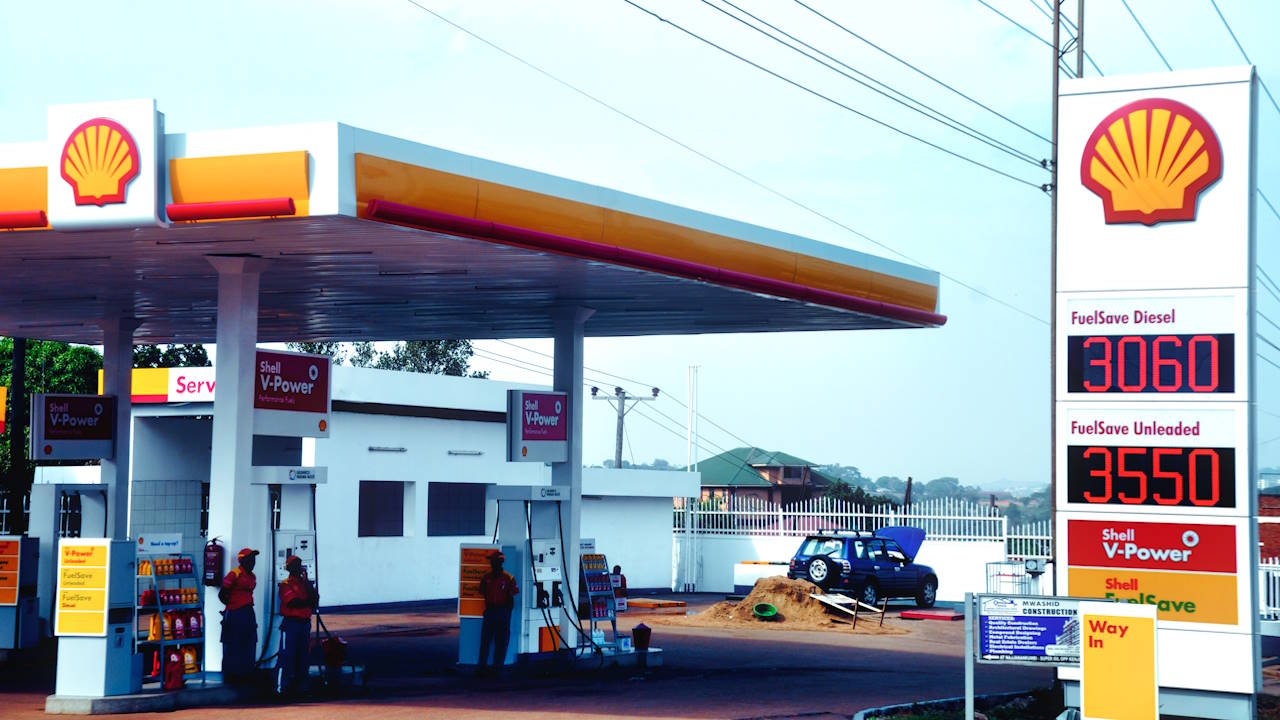
Uganda’s displeasure with a secret agreement between the Kenyan government and two Middle Eastern states giving the latter exclusive rights to supply fuel to Kenya led to its decision to grant Vitol, the world’s largest private oil trader, exclusive rights to supply its fuel.
In recent discussions with fuel dealers about the Vitol deal, Energy Ministry officials said the government was concerned that Kenya’s deal with Saudi Arabia and the United Arab Emirates, agreed in March, could jeopardise fuel supplies and lead to a spike in retail fuel prices.
President Museveni gave the go-ahead in February to negotiate a new fuel import deal with Vitol. The state-owned Uganda National Oil Company negotiated on behalf of the government, according to Kenya’s Business Daily.
“Changes by the government of Kenya in April 2023 to enter into government-to-government importation structures with the government of UAE and the Kingdom of Saudi Arabia to manage the challenges they were facing were done without consultation with Uganda whether to their advantage or not,” Business Daily said Thursday, quoting minutes of the meeting.
Ruth Nankabirwa, the minister of energy and mineral development, tabled a bill Wednesday to give Unoc the sole mandate to import petroleum products. Unoc would then sell the products to oil and petroleum dealers for onward sale to retail consumers.
Unoc plans to import fuel products via an agreement with Vitol.
“The existing law does not empower the Uganda National Oil Company to supply all imports of petroleum products to licensed oil marketing companies for the Ugandan market. This gap in the Petroleum Supply Act has threatened the security of supply of petroleum products in Uganda,” Ms Nankabirwa said.
All petroleum products used and traded in Uganda are imported. About 90 per cent of these imports enter the country through the port of Mombasa in Kenya, with the rest coming through the port of Dar-es-Salaam in Tanzania, according to Ms Nankabirwa.
The minutes reveal that the government plans to start importing fuel products through Vitol’s Bahrain operation in January, cutting out fuel traders in Kenya. According to Business Daily, the national oil company and Vitol have negotiated a five-year contract, with Vitol agreeing to cover its costs and guarantee “competitive” prices.
Energy ministry officials said Kenya’s deal with the two Middle Eastern countries abandoned an established, transparent and price-competitive open tender fuel procurement system. They believe the Vitol deal will lead to stable fuel prices.
Kenya wanted to stem the depreciation of its currency when it negotiated the deal with the UAE and Saudi Arabia. Previously, the country was spending about $500mn a month on unplanned, short-term fuel purchases.
About 40 per cent of the fuel Kenya imports is exported, mostly through Uganda. Business Daily notes that Uganda’s action could affect diplomatic relations between the two neighbours and eat into the revenue Kenya could have earned from exporting petroleum products to the Democratic Republic of Congo and South Sudan.
These predictions are likely to come true. But they should have been as worrying [to Kenyans] at the beginning of the year, when Kenya was negotiating its secret deals, as they are now.






